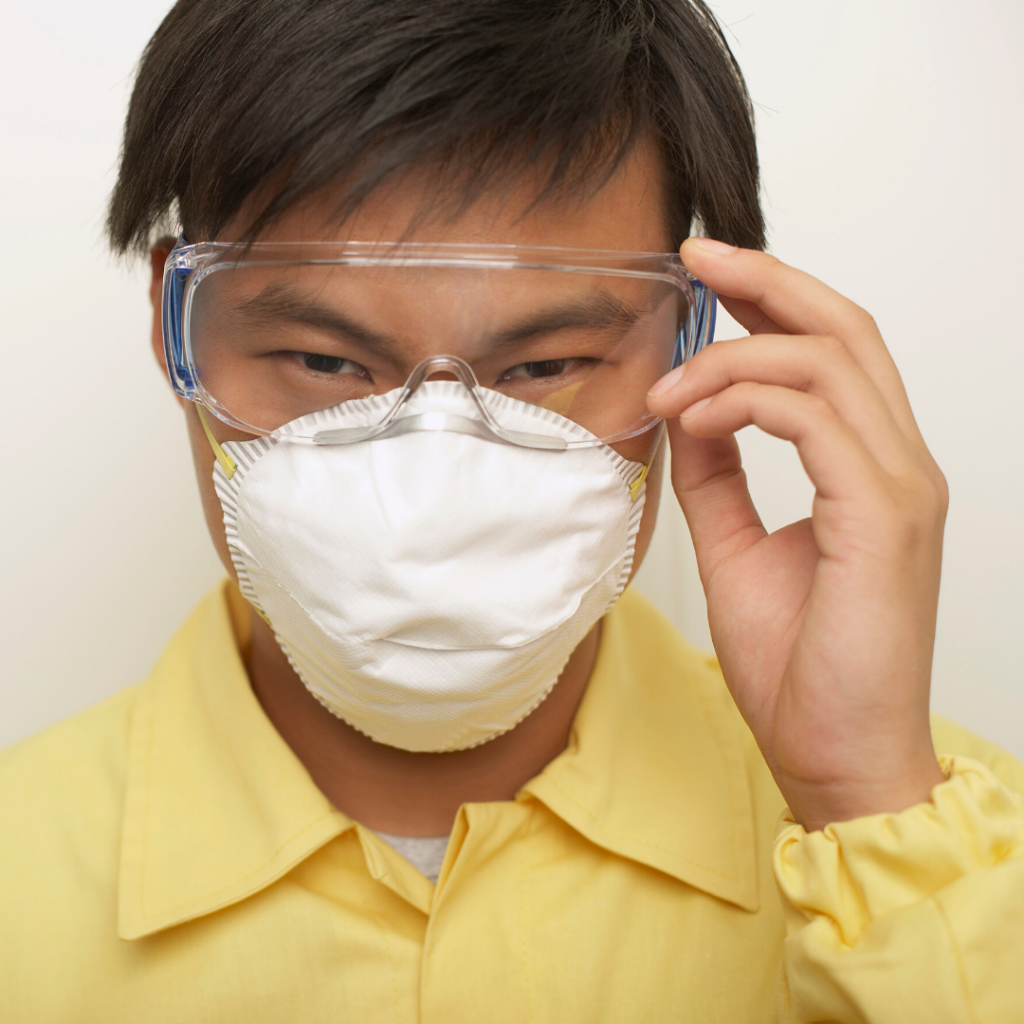
Published 20 January 2020, The Daily Tribune
The recent natural calamity that affected southern Luzon and its neighboring areas proved the resilience of our countrymen, and reminded us that emergencies may happen at any time. Work suspension was declared in most affected areas out of due consideration to the health and safety of employees. In such situations and even in day-to-day work operations, employees’ health and safety are paramount.
The right to a safe and healthy workplace is a right enshrined in the United Nations Universal Declaration of Human Rights, providing for the right to work, to free choice of employment, and to just and favorable conditions of work. According to the International Labor Organization (ILO), work-related accidents and diseases cause human suffering as well as economic loss, with some two million workers dying each year across the globe from work-related accidents and diseases. In the Philippines, the ILO estimates that 17 of 18 persons in the nation’s workforce do not enjoy acceptable working conditions.
Republic Act 11058, or the Act Strengthening Compliance with Occupational Safety and Health Standards and Providing Penalties Thereof, mandates the protection of every worker from sickness or death caused by occupational hazards by assuring that internationally-recognized standards on occupational safety and health (OSH) are fully enforced and complied with.
Among the key provisions of the law is the workers’ right to refuse unsafe work without threat or reprisal from the employer. This applies if, as determined by the Department of Labor and Employment (DOLE), an imminent danger situation exists in the workplace that may result in illness, injury, or death, and corrective actions to eliminate the danger have not been undertaken by the employer (Section 6 of RA 11058). In the same situation, the safety officer of the employer makes his own determination of an imminent danger and implements a work stoppage or suspends operations, without fear of reprisal. The employer or safety officer cannot require workers to return to work where there is a continuing imminent danger (Implementing Rules and Regulations of RA 11058).
The workers have the right to report accidents, dangerous occurrences, and hazards to the DOLE and other government agencies if necessary.
In certain establishments, access to nurses, dentists and emergency doctors may also be required. For instance, medium- to high-risk establishments with 10 to 50 employees, and low-risk establishments with at least 51 employees are required to provide first aid, emergency medical and mental health services. They are required to retain safety officers who must possess the necessary training and experience requirement depending on the occupational risk level classification of the establishment. For low-risk establishments with at least 100 employees, there must be a nurse assigned, while those with at least 200 employees must have a dentist and physician. For medium- to high-risk industries, a nurse is required for at least 50 employees and dentist and physician for 100 employees. There must at least be a first aid treatment room in each covered workplace.
The law requires employers to inform the workers of health risks involved in their work and to give complete job safety instructions or orientation especially to those entering the job for the first time. They must provide measures for dealing with emergencies and accidents, including first aid arrangements. Further, there must be signages in the workplace to warn about any work being undertaken in the project or site.
For industries that deal with hazardous work processes or environments such as chemical, radiological, mechanical and other irritants or hazards, every employer must provide the workers free of charge protective equipment for their eyes, face, hands and feet, and lifeline, safety belt or harness, gas or dust respirators or masks, and protective shields whenever necessary (Section 8, RA 11058).
The employers’ willful failure or refusal to comply with these requirements may be subject to fines and administrative liability, without prejudice to the filing of a criminal or a civil case in the regular courts, as the case may be.
An emergency in the workplace or an unforeseen disaster can threaten the lives of workers, clients and the public. Complying with mandatory OSH standards and putting in place measures for dealing with emergency situations long before they occur are not only an act of prudence and ethical business conduct, but may prove to be life savers.
For comments and questions, please send an email to cabdo@divinalaw.com.

